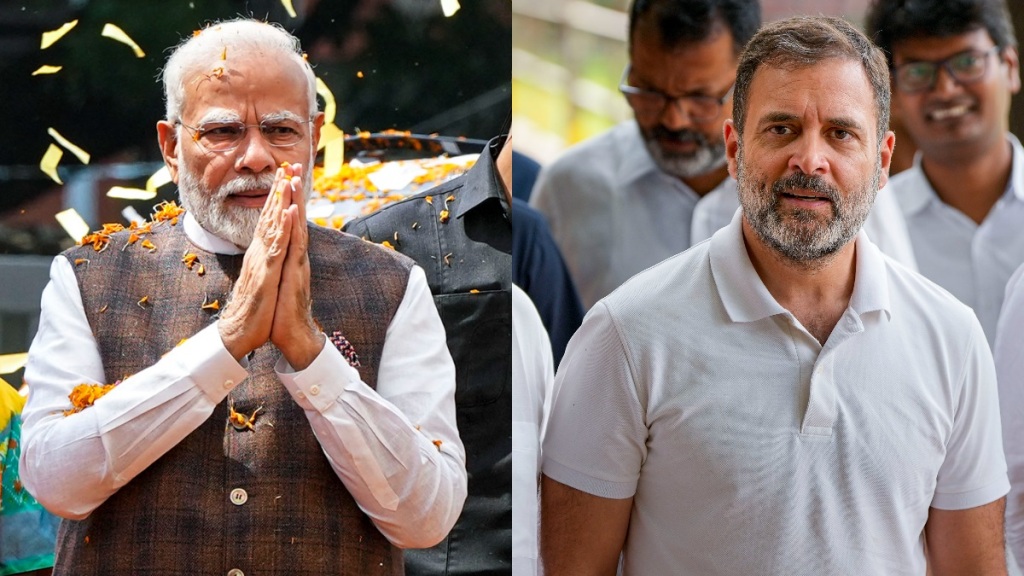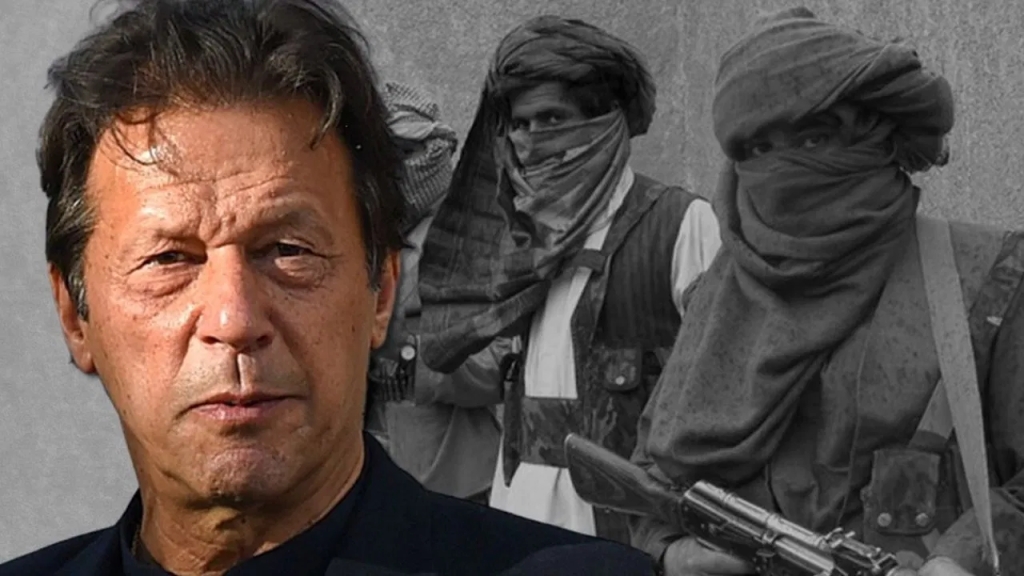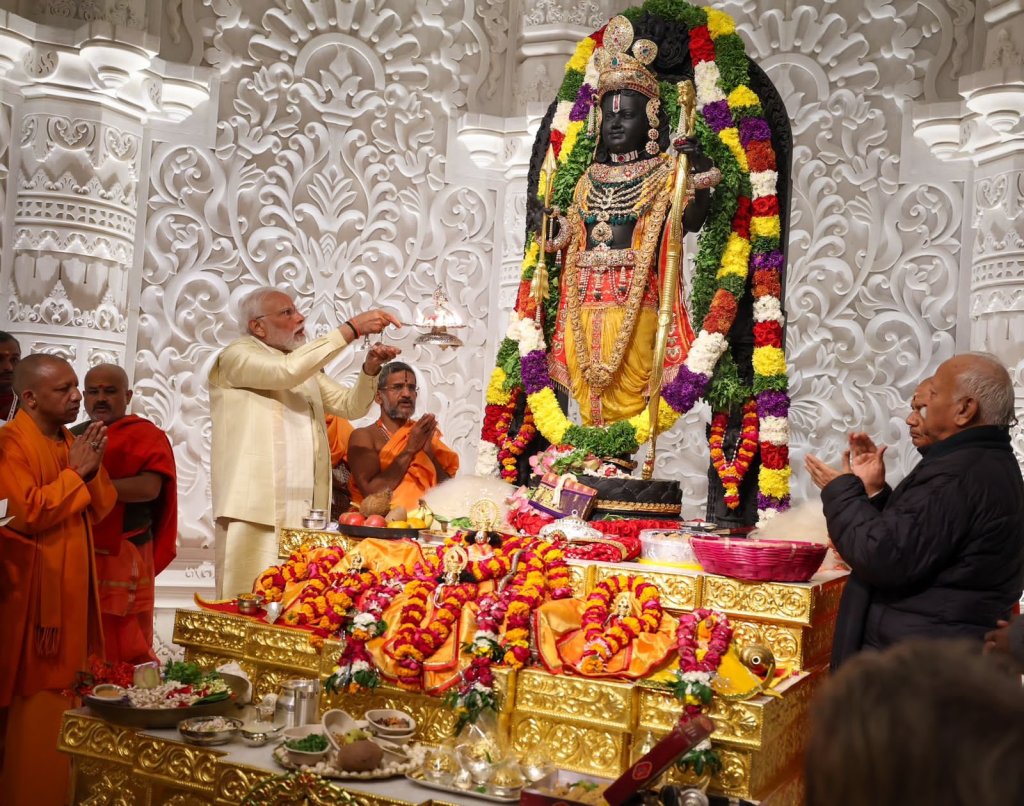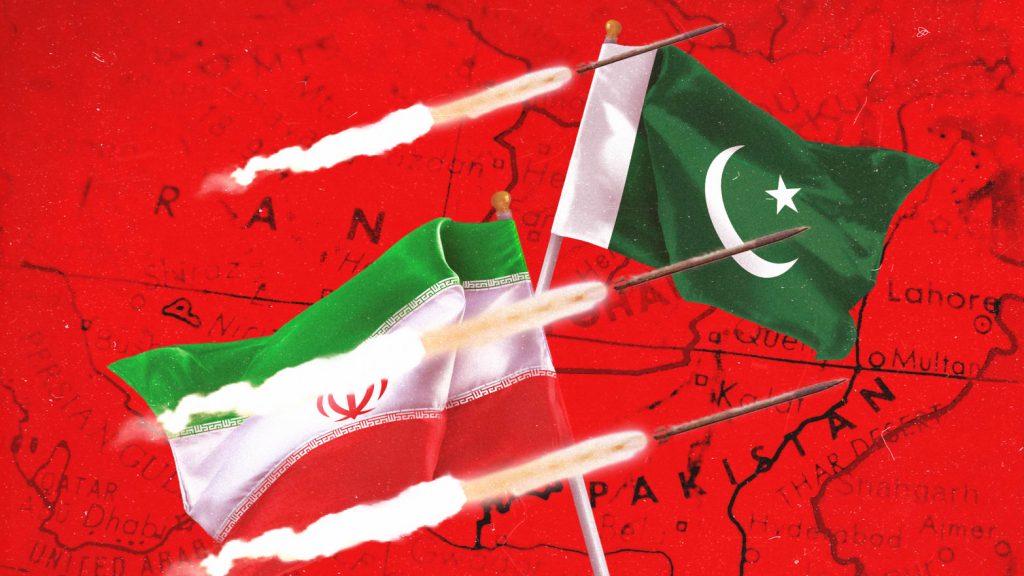Society today is an outcome of a child’s learning born two decades ago. Common things most of the children learnt then, subsequently became a practice today and may become a cult or tradition in the future. If you identify a flaw with any “group of people” today and sincerely want to rectify it, you should start looking at what these people learnt during teen ages. You might indeed find the root cause of that “flaw”. A group of people can be a caste, community, religion, city, state, country and so on. You would rarely encounter a case where you were able to alter the thought process of a grown-up adult. An attempt to fix an adult is a futile exercise, with the same kind of energy and patience you could change the thought process of a sizeable number of children.
Do parents tell their kids to discriminate other kids on the basis of their castes? Do teachers advise them to behave this way? Children in school are on the first name basis or even on “nickname” or “pet name” basis. They would barely know the caste of their friends. When does a child become aware of different castes or becomes caste-ist? How does he turn into an adult who protests for castes, votes for castes? Why does he as an adult get so defensive or offensive about his caste? A genuine question arises “When does a child encounter his/her first caste-ist behavior?” How does Caste get in his head for good?
A child learns less from a teacher but more from the characteristics of his friends. His liking and disliking are predominantly governed by those characteristics. It is rustic, who bullies is not a friend; who gives the company while going back home by bicycle is a friend; who has excellent handwriting is liked; who play often are interesting; who says, “I have not studied, and will fail” but scores excellently is a liar; and so on and so on. He plays with them, eats and drinks (of course tea-coffee-shakes). Caste is non-existent. Everything looks fine so far, neither does he discriminate nor does he get discriminated against.
After high school or class X begins one of the most crucial and difficult times in a kid from a middle-class family. He is preparing for the Class XII board examinations as well as for the entrance examination for graduate programs. If you visit a middle-class family where one of the kids is in this phase, you would just know it without anybody explicitly mentioning it to you. It is not only the kid who makes sacrifices but it is the complete family that makes sacrifices. The kid might not be the brightest or the most hardworking student in his class so far, but puts a great deal of efforts and is hopeful of achieving a significant score. The exams happen, the result is declared he does not achieve what he wanted. He is sad, upset and disappointed. He thinks, he did not work hard enough, others would have scored more than him and that’s why he didn’t secure a seat.
The crisis occurs once he comes to know that one of his friends although scored half of what he scored, managed to secure a place in a government college. Of course, now he would dig around, search, ask and subsequently get acquainted with the quota system. This concept of “reservation” is not in accordance with what he had witnessed during his school days. Rules were straightforward, if he did well in the exams he moved to the next class, if he scored more than pre-defined marks in high school he got to choose science as his majors in senior secondary. He and his friends used the same resources, same library, same playground, shared their lunch boxes, they were equal then but apparently, they were not equal. This is his initial encounter with reservation. He becomes aware of the different castes more than that the importance of “last names” which were barely used this far.
He connects the dots and straightaway realizes that he should not have applied for a lot of institutes in the first place because there are reservations(including horizontal & vertical reservations, internal student reservation, etc.) which is way more than 50%. Further, he carefully observes the profiles of numerous students in his current batch. He finds many students with extremely poor rankings as compared to his (tens of thousands less), and who did not even have the pre-requisite skills required for the course. Some of the annoying ones always carried a “happy go lucky” attitude. Happiness could be considered a state of mind, but “go lucky” part for them has been at the cost of someone more deserving and hardworking. Somebody more hardworking then them was unfairly left behind. When around 50% of the class is like that adding to it some from “horizontal” reservations and some from management quota, one of two things is going to happen with him in the long run: either he gets overconfident as he performs better than the majority without much trouble or he gets depressed that he is loosing in life. Both the things are vicious for his future.
When 50% of the students wear castes on their sleeves and carry their caste certificates everywhere, is it possible to overlook the existence of caste in this scenario?
Of course, the same problems are going to occur if anyone goes for masters or government jobs. Now, if you succeed after all this, although you live your life as an ideal citizen but you never forget your past, that bitterness lives in you. However, unfortunately, if you do not succeed, you become a part of the crowd who protests for reservation, because you know reservation is a shortcut to success. After going through the number of instances where the most elite institutes offer admission to reserved category students with extremely disappointing performance (IIM-A admitting a reserved category student at 38 percentile where 99 percentile general category student hardly gets an interview invite), we cannot blame the people and community who want reservation and protest for it.
General Category students are not the only victims of reservation. Even the reserved category students bear the brunt in their unique ways. There are undoubtedly a few of many reserved category students, who actually work really hard and are very skillful. Somebody at some point in time would insinuate that they achieved what they have because of the reservation and not because of their talent. The hurt gets amplified when it comes from within the same category, for instance, a cousin or his/her family. Further, if you happen to work or study in different parts of the country, you might encounter people of the same caste and same “last names” but with different reservation statuses. This creates contention even within the same community. Then there are a number of other reserved category people who achieved what they wanted with the help of reservation but they also developed a complex. They know reservation has been an extremely vital instrument in achieving what they achieved. What happens if it is taken away? They yearn for it to remain the way it is, forever. They worry about their upcoming generations; how will they survive in this competitive world without reservation? And that is why they fell prey to small rumors regarding any reservation law getting altered and they panic.
Is reservation stoking casteism in the current setup?
Of course, you can rubbish this article of mine, but you would not discard the events happening in the 21st century India. Thousands of crores are burnt every year in some state because of reservation protest. It is as if we are a country with immense wealth and don’t care if a few thousand crores are burnt for fun. Also, if “reservation” is so good and is uplifting the backward classes then why is the number of backward castes increasing? (The number of backward classes in 1955 as per Kalar commission was 2,399 backward castes or communities for the entire country which subsequently increased to 3743 in the Mandal commission and lastly the number of backward castes in Central list of OBCs has now increased to 5,013 (without the figures for most of the Union Territories) in 2006 as per National Commission for Backward Classes.)
How do you justify that? Or do you agree that reservation has been used as a freebie given in lieu of valuable votes? Alike “nuclear fission” which could be used either in a constructive way to generate power or in a destructive way as a nuclear weapon; Is reservation being used as a political weapon rather than a means to uplift the underprivileged people?
A few people who harbored delusions of grandeur created a monster thinking they would always be in a position to control the monster. But alas, the monster is not only voraciously devouring the complete nation and its potentially promising future but also the people who actually fathered it.
What are some of the side effects of this system on Indian society especially the work culture? Can it be rectified? Or rather, could the system be improved without invoking a countrywide agitation? If you like this article, please stay tuned for the next blogs where I write my opinions on these questions.





Leave a comment